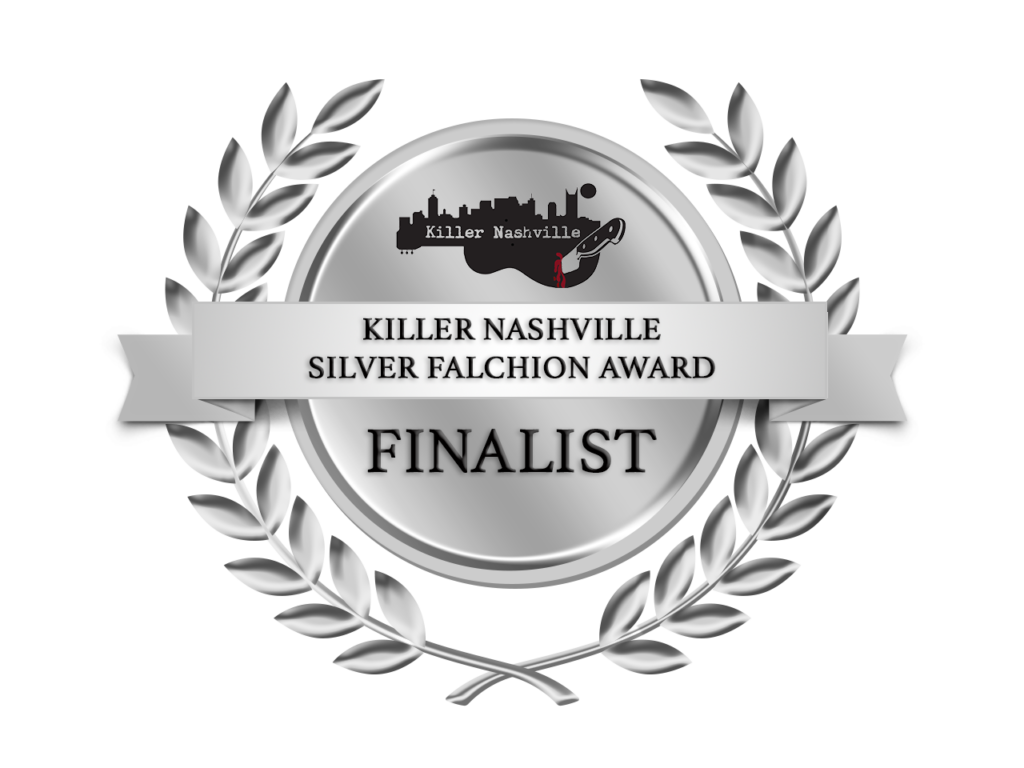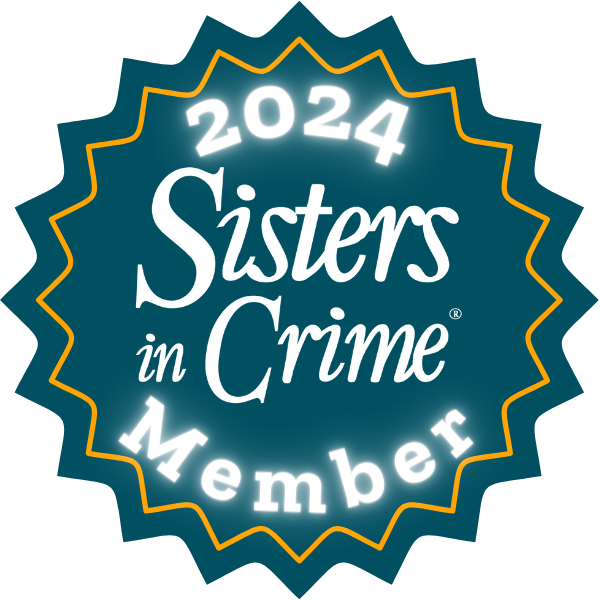What words belong in the space between scenes?
Last week I wrote about editing scenes and particularly I workshop I’d attended hosted by Sisters in Crime. This week — surprise! — I’m still working on big edits. And yes, I’m still excited about it . . . mostly because I had a happy realization today, which is what I’m here to share. 🙂
Writers and TV aficionados might have come across this piece of advice before. It’s from the creators of South Park, and essentially it runs like this:
List out the scenes in your story and look at what connects them. If between each scene you can write “therefore,” then you have a cohesive whole. If instead you find yourself writing “then” between scenes, what you have is little more than a laundry list of events.
This came up in that webinar last week, and the host pointed out that in addition to “therefore,” some good connecting words might also include “meanwhile” or “but.”
So to use a watery example, your list could look like this:
- The little mermaid swims to the surface, sees the prince, and falls in love with him.
therefore
- When the ship sinks, she saves him and swims him to shore.
therefore
- The first thing the prince hears when he wakes is the mermaid’s voice, and he falls in love with her too.
So, today I sat down to give my own story this treatment. I was nervous about it, to be honest; I was afraid there’d be lots of thens. First, I listed each scene briefly. Then I took out colored pencils and looked at each space between scenes. If a therefore made sense, I used red; I used blue for the connections we don’t want, the thens. I ended up throwing in orange, too, for a few ands connecting scenes that were really more a Part 1 and Part 2 than individual blocks.
When I was done, red covered the page, and there were only two blue thens. Yay!
During the process, though, I noticed something even more heartening. Some of the scenes that I’d been afraid would be preceded by then actually deserved a therefore — it’s just that the therefore referred to something several scenes back. Does this make sense? Let me illustrate with the same example from above:
- The sea witch decides to interfere with the mermaid and the prince on the surface, using the mermaid’s voice as part of her disguise as she walks along the beach.
and then?
- The prince hears her and is immediately drawn in by her disguise.
Technically these two events feel a bit like an and then, but the truth is, they aren’t random. The second event happens primarily because the prince already fell in love with the mermaid so many scenes ago, which — to my mind — makes this a belated therefore.
Now, my example story is a little too simplistic to really illustrate this idea. But in a novel with several different plot threads going on at the same time, I had several places where the events shifted because something set in motion a few scenes back suddenly came to fruition. And honestly, I think that’s some of the fun of a mystery. After all, the space between scenes allows for a little interweaving, right? 🙂





